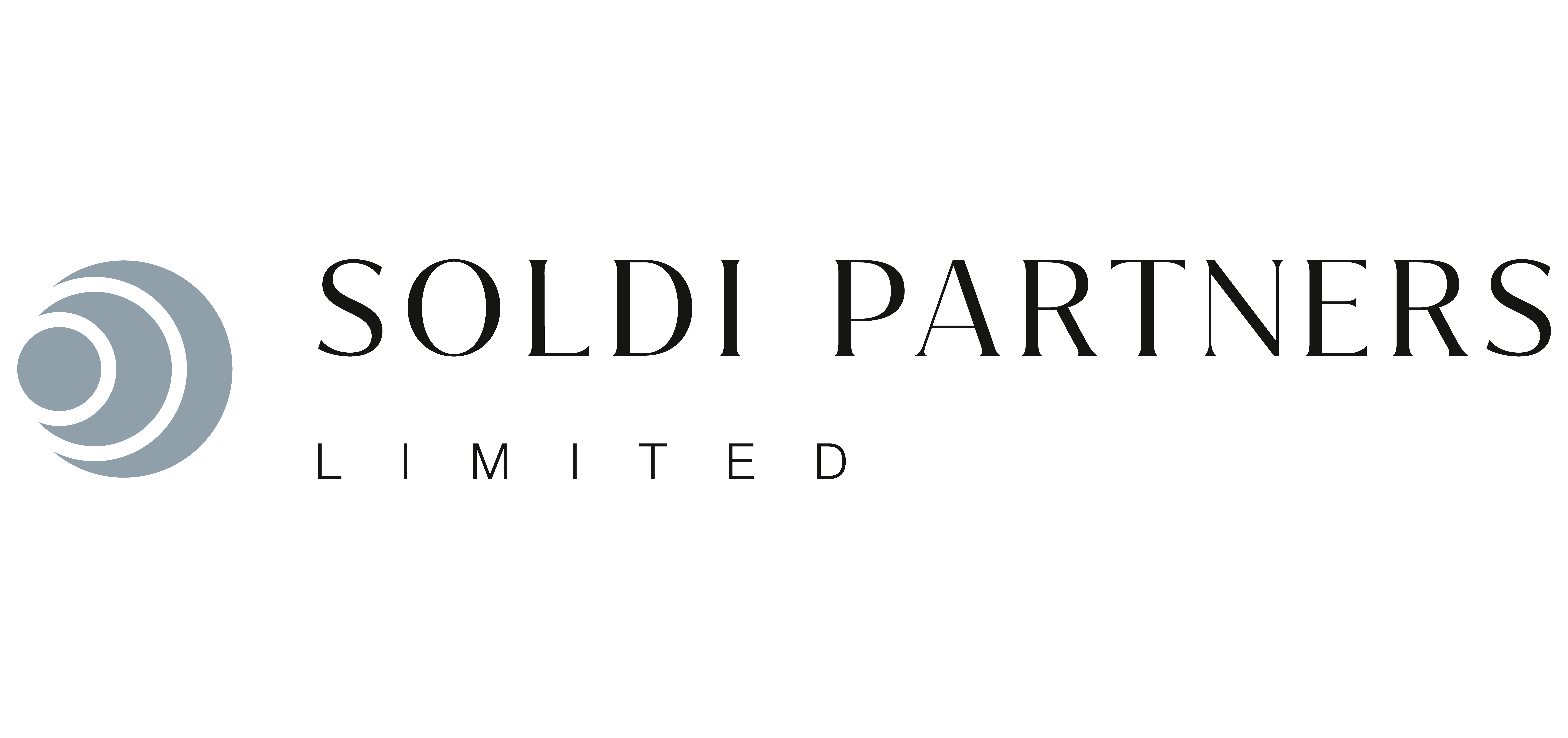Accounting terms can sound like jargon to most people! As a small business owner, it is important to have a base understanding of key accounting terms, so that you can be confident in the language around your business’s finances.
We have rounded up and simplified a list of the most common accounting terms we think you should know below. An accountant (a trained professional who records, analyses and works with businesses to understand finances) will often use these terms in meetings with clients. Save this post and impress your accountant next time you see them!
Let’s first talk about the Accounting Equation. It’s the absolute foundation of all accounting.
ASSETS – LIABILITIES = EQUITY – both sides must balance out otherwise there has been a mistake in your accounting. Pretty simple concept? In theory, yes…
Here’s our round up of key terms:
ASSETS: are anything that your business owns. (Examples include machinery, property or cash)
BOOKKEEPING: is the process of recording financial transactions properly for your business
CAPITAL: is the financial assets your business owns
ACCOUNTS PAYABLE: are expenses you haven’t paid yet, such as something purchased with credit
ACCOUNTS RECEVIEABLE: are services or products you have provided, but haven’t been paid for yet
ACCRUED EXPENSES: are expenses that have been factored into your accounts, but haven’t been paid yet such as salaries or future purchases
CASH FLOW: is cash that comes in and out of your business. Find out more about the importance of positive cashflow here.
COST OF GOODS SOLD: refers to the costs involved in providing your product and service (for example, buying the stock and staff)
DEBITS: increase assets or expenses decrease liabilities
DEPRECIATION: is the loss of value in an asset whilst it’s been in use, for example cars.
EQUITY: is a business’s worth or value of the owners investment in the business.
EXPENSES: are the costs to run your business. Expenses are categorised into fixed, variable, accrued and operating.
GROSS PROFIT: is your income from sales, minus cost of goods sold.
NET INCOME: is the bottom line of the business, once all cashflows have been considered.
INVOICE: is a list of goods or services provided, with a statement of the sum due for these which are given to clients.
LIABILITIES: are debts owned by the business
LIQUIDATION: is dissolving a business and selling off assets to create cash which pays off debt.
PAYROLL: is a list of your employees, and how much their salary or hourly wage is. It is the entire process of recording information through to paying your employees.
RETURN ON INVESTMENT: is how much you make or lose on an investment after your initial input.
REVENUE: is profit earned by your company.
TAX: is payable by most individuals and companies, to the HMRC and is a compulsory contribution based on income or business profit.
TAX DEDUCTIONS: are expenses individuals and business have that can be deducted from their tax bill. Common expenses include mileage, uniform, stationary and energy bills).
This list is NOT exhaustive, but we hope it’s made some of the most common accounting terms a little easier to understand 😊
Need help from an accountant? Soldi Partners are currently taking on new clients. Click here to get in touch.
Kindest,
Theresa
